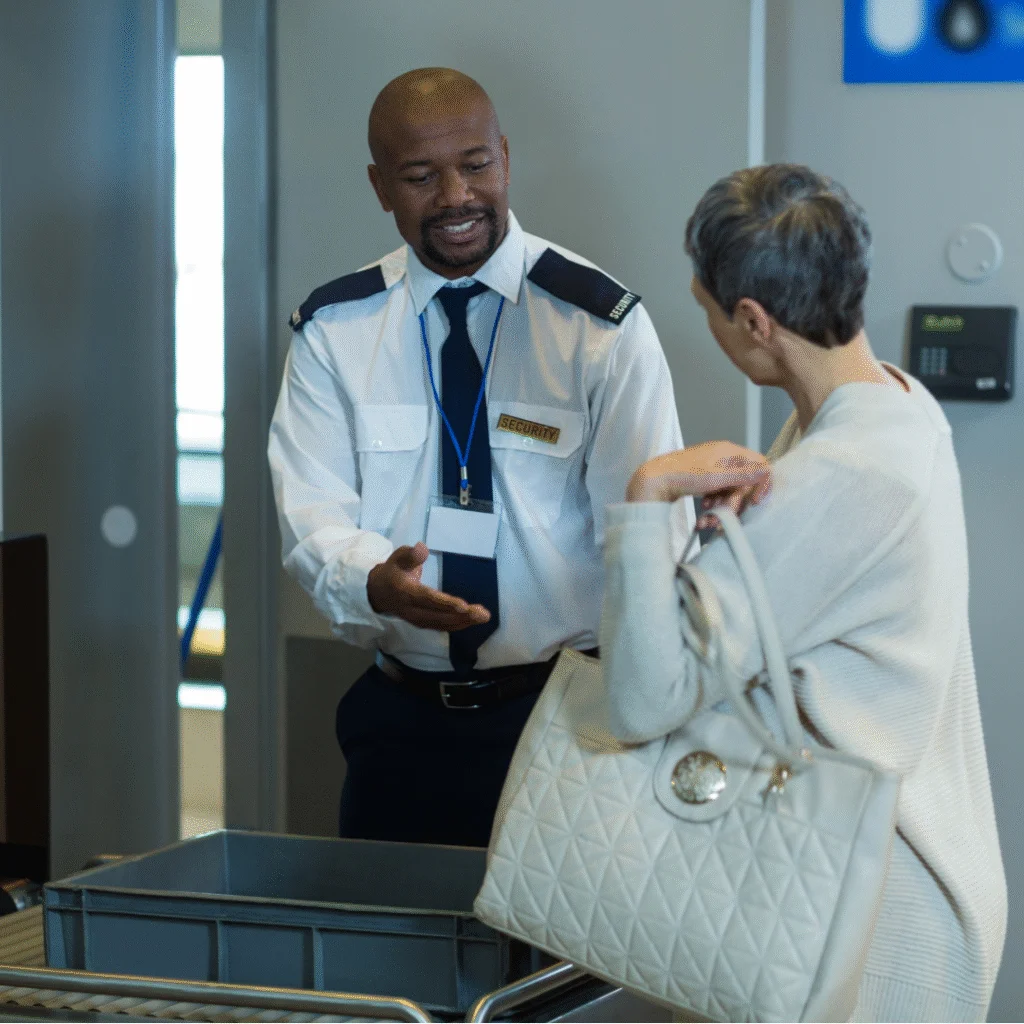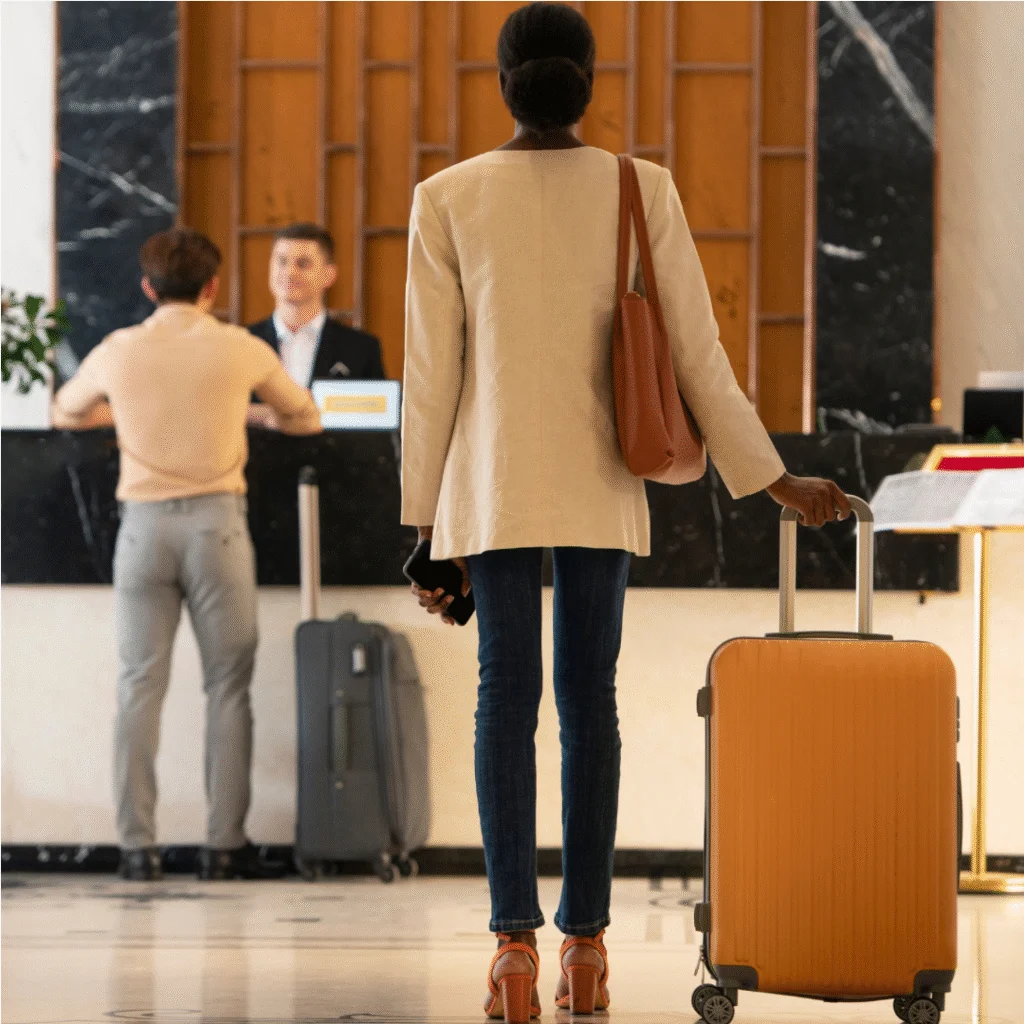

The G20 Summit is set to take place in Johannesburg late November this year. It is projected to bring in R1.2 billion in Direct Tourism Revenue, with an increased demand for accommodation, travel tours and food and drink services. This is South Africa’s chance to prove why we should be on the tourism map and at the forefront of hospitality sectors worldwide.
South Africa is world-renowned for its friendly people and a service culture built on cultural intelligence and pride in diversity. In fact, the International Tourism Performance Report and Remitly ranked South Africa the world’s friendliest country.
Additionally, South Africa’s hospitality workforce is a major asset in hosting the G20 Summit. The travel and tourism sector has young, diverse and well-trained professionals in its ranks, which is as valuable socially as it is strategic operationally. The country’s workforce can connect with guests from different countries, cultures and backgrounds easily, offering a level of service that is empathetic, agile and globally attuned.
Sandra Kneubuhler, Africa’s Managing Director for Radisson Hotel Group, says: “Johannesburg attractions like Constitution Hill and Soweto’s Vilakazi Street are set to feature prominently in delegate itineraries. In preparation, investment is underway in multilingual hospitality training, infrastructure and visitor safety. Tourism stakeholders anticipate long-term benefits as the city strengthens its position as a hub for global events.”

Unfortunately, loadshedding and watershedding are staple infrastructure weaknesses in South Africa. More so, the Federated Hospitality Association of South Africa identified these infrastructure pressures as threats to long-term growth of the sector.
But, according to Kneubuhler, many hospitality groups have already invested in mitigation strategies like solar energy solutions, generators and water storage. She recommends that these should become industry standard before the G20 Summit.
Security is another challenge, with delegates expecting seamless safety in a personal and logistical capacity. Hotels should review their on-site risk plans and ensure all staff know the safety procedures. Access control and theft prevention protocols should also be revised.
As sustainability is a key theme of the G20 Summit and other conferences around the world, South Africa’s hospitality sector cannot let it be a weakness. Kneubuhler explains that the average hotel guest generates 13.8kg of carbon dioxide per stay. Therefore, energy-efficient infrastructure, locally sourced supply chains, grey water harvesting, carbon offsetting and greener transport and event models must become baseline expectations.
Kneubuhler also adds: “The G20 Summit is not just a moment to impress – it’s a moment to reposition. South Africa’s hospitality industry has the talent, the leadership and the capability to deliver an event of world-class calibre. But, its true legacy will depend on whether we use this momentum to solve long-standing issues and embed lasting change.”

The G20 Summit might just return the Hospitality Sector to one of South Africa’s greatest Gross Domestic Profit contributors. This is vital for our country’s economy and its subsequent growth through local and international travel and tourism.
Stay up-to-date on the hottest, hippest and most happening things to do in Mzansi!
